|
|
|
Editor's note
|
|
It’s been nine years since a popular uprising toppled Libya’s Muammar Gaddafi. The country has been wracked by instability and conflict ever since. Jacob Mundy explains how peacemaking efforts have been hampered by a lack of effective international leadership compounded by the fact that too many foreign powers are involved on the ground.
Three decades ago the UK settled on an aid policy that delinked assistance from business interests. That’s now being eroded. Ian Scoones sets out the potential negative consequences of abandoning the aid and trade consensus. If the UK government is not held to account for its aid spending, business imperatives will override development goals geared for the poor.
Today marks the International Day of Education, which celebrates the role of education in fostering peace and development. In a number of articles academics explore various aspects of education on the continent, starting with Hezron Makundi’s look at how China has become a major study-abroad hotspot for African students. From South Africa Kobus Maree explains how the country can narrow the gap between what the education system produces and what the job market needs.
In previously published articles, we revisit the contentious issue of the use of mother tongue in education. Joyce Esi Bronteng, Ilene Berson and Michael J Berson explain what’s led to parents in Ghana resisting the country’s new language policy. In Nigeria, Maduabuchi Sennen Agbo sets out how the government has failed to implement its policy of children being taught in local languages.
|
Moina Spooner
Commissioning Editor: East and Francophone Africa
|

|
|
Top Story
|
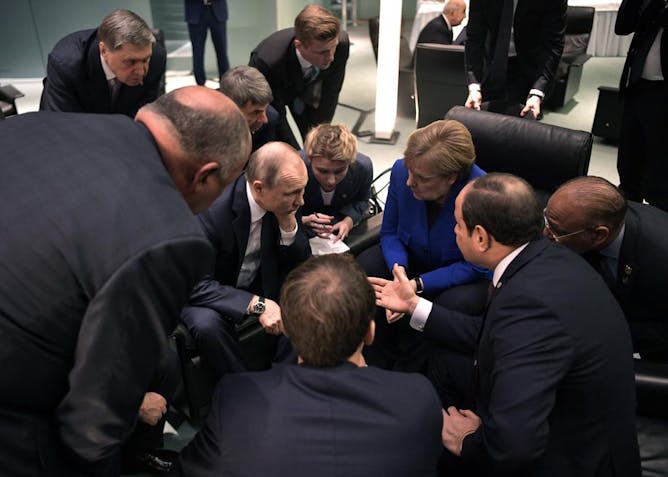
German Chancellor Angela Merkel speaks with Russian President Vladimir Putin during the International Libya Conference in Berlin, Germany, 19 January 2020.
EPA/ALEXEI NIKOLSKY/SPUTNIK/KREMLIN
Jacob Mundy, Colgate University
Can the key external enablers of Libya's conflict also be peacemakers?
|
Business + Economy
|
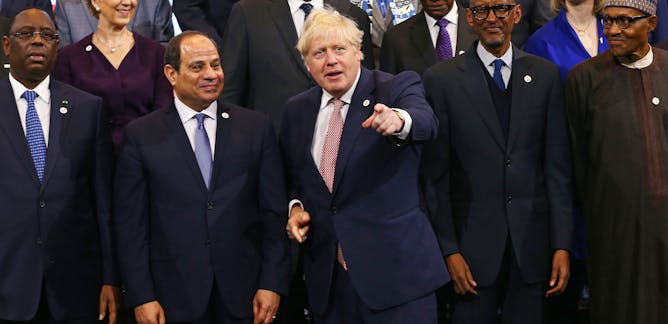
Ian Scoones, University of Sussex
Trade and investment can help reduce poverty, promote women’s empowerment, and support children’s rights. It can also do the opposite.
| |
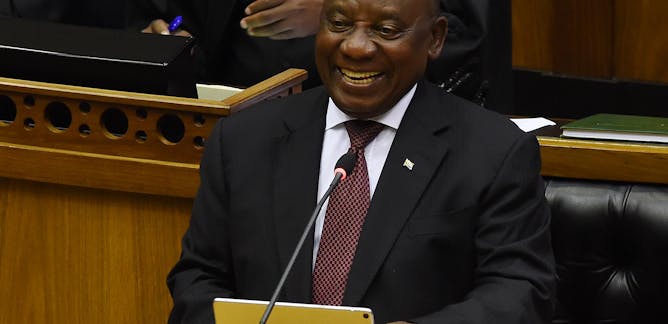
Matthew Graham, University of Dundee
Ramaphosa is constrained by his tenuous control over South Africa's governing party, the ANC.
|
|
|
World Education Day
|

Hezron Makundi, University of Dar es Salaam
Over the past 30 years China has turned into a major study-abroad hotspot for thousands of African students.
| |

Kobus Maree, University of Pretoria
There are a few things South Africa needs to do to close the gap between what the education system produces and what the job market needs.
|
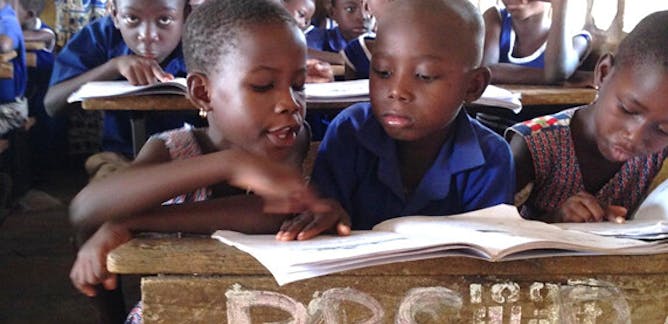
Joyce Esi Bronteng, University of Cape Coast; Ilene Berson, University of South Florida; Michael J Berson, University of South Florida
Inadequate public education on a new language policy has generated resistance from parents at the early childhood education level in Ghana
| |
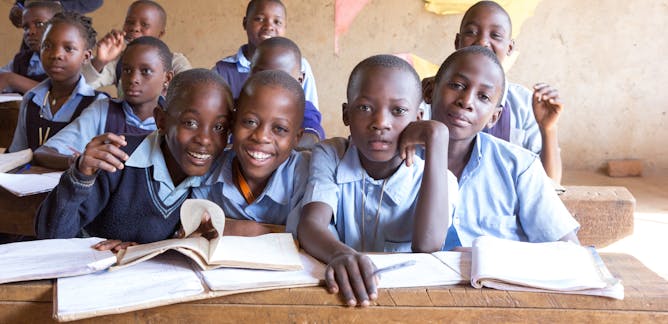
Maduabuchi Sennen Agbo, University of Benin
Schools are still not using Nigerian languages to teach students
|
|
|
From our international editions
|
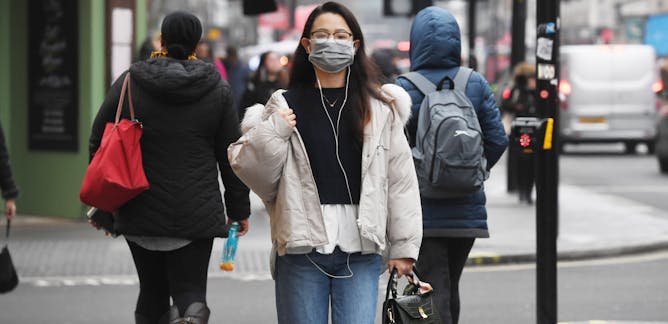
Ian M. Mackay, The University of Queensland; Katherine Arden, The University of Queensland
The virus seems to spread like any other respiratory illness – through coughs and sneezes, or contact with contaminated surfaces. Here's what we know about it so far.
| |
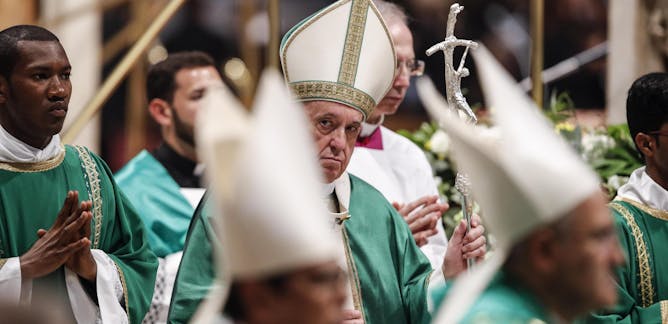
Helen Parish, University of Reading
The age-old practice of priestly celibacy is now under fire, with the suggestion that the rules should be relaxed.
|
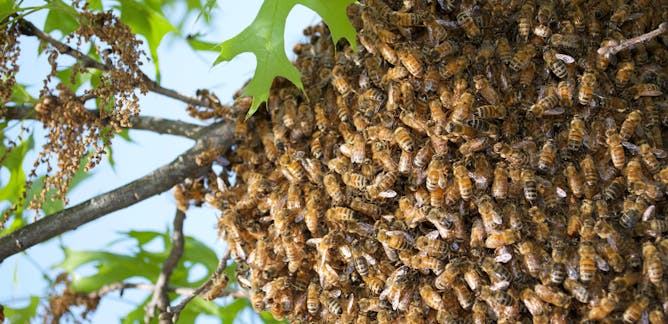
Orit Peleg, University of Colorado Boulder
A swarm of honeybees can provide valuable lessons about how a group of many individuals can work together to accomplish a task, even with no one in charge. Roboticists are taking notes.
| |

Philip Marsh, Wilfrid Laurier University; Evan Wilcox, Wilfrid Laurier University; Niels Weiss, Wilfrid Laurier University
Hundreds of thousands of lakes, rivers and streams in the Arctic exist only because of the permafrost that lies beneath them. The warming Arctic threatens to change that.
|
|
|
| |
| |
| |
| |
Would you like to republish any of these articles?
|
|
It’s free to republish, here are the guidelines.
Contact us on africa-republish@theconversation.com in case you need assistance.
|
| |
| |
| |
| |
|
|
|
|
|
|
|